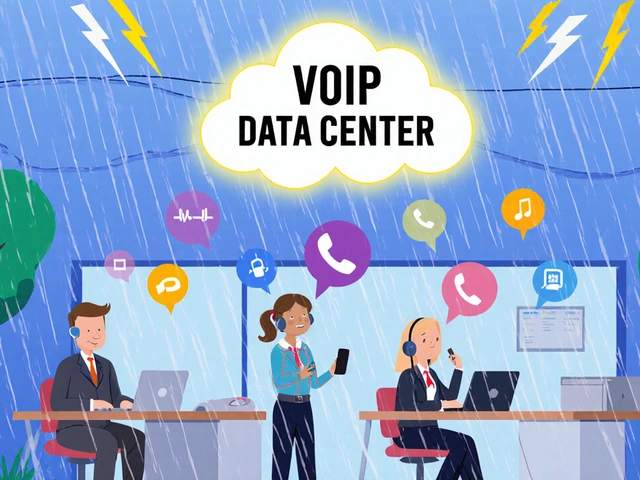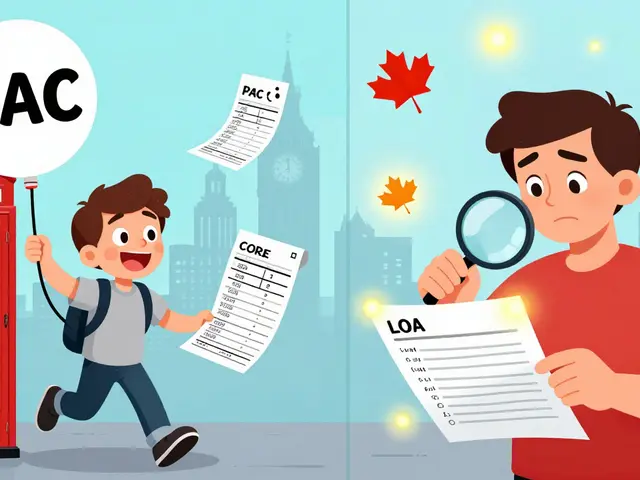VoIP vs landlines: Which is better for your business or home?
When you think about making phone calls, you’re probably choosing between VoIP, a phone system that sends voice over the internet. Also known as Internet calling, it lets you use your existing internet connection to make calls—from a smartphone, computer, or desk phone—without needing a separate phone line. Meanwhile, landlines, traditional phone lines that run on copper wires. Also known as PSTN, they’ve been around for over a century and still work even when the power goes out. The real question isn’t which is older, but which actually works better for how you live and work today.
VoIP wins on cost, flexibility, and features. A business with 10 employees can cut their monthly phone bill by 50% or more switching from landlines to VoIP. With VoIP, you get free internal calls, video calling, call forwarding, and voicemail-to-email—all built in. You can take your phone number anywhere: work, home, or overseas. Landlines? You’re stuck with one location. If you move, you need a new number. If you work remotely, you need a second phone. VoIP handles both with one system. And it scales effortlessly. Add five new employees? Just plug in their phones. No electrician, no service appointment, no waiting weeks for a new line.
But landlines aren’t dead. In places with spotty internet, they’re still the most reliable option. Emergency services like 911 still work better with landlines because your location is automatically registered. Some businesses—like pharmacies or hospitals—stick with them because of strict compliance rules, even though VoIP can be made HIPAA compliant. And if your internet goes down, your landline still rings. That’s why many companies use both: VoIP for daily calls, landline as backup.
What you’ll find below are real-world guides that cut through the noise. Learn how VoIP call quality depends on your ISP’s routing, not just your internet speed. See how to set up mobile VoIP so your team can work from anywhere. Understand why UDP beats TCP for voice, and how echo cancellers fix that annoying delay you hear on bad calls. We’ll show you how to share one number across ten phones, record calls legally, and connect your phone system to your CRM. You’ll see what works for call centers, sports venues, pharmacies, and remote teams—all based on actual setups, not theory.
VoIP phones need electricity to run, while landlines work during power outages because they draw power from phone lines. Learn why this difference matters for your business and how to stay connected during outages.
In 2025, VoIP outperforms landlines in flexibility and future-proofing-especially with backup power and failover. Landlines still win during power outages, but they're being phased out. Here's what actually works best for your business.
VoIP slashes international calling costs by up to 97% compared to landlines, while offering HD voice, virtual numbers, and seamless video calling. Discover why businesses and families are switching-and why landlines are becoming obsolete.
Choosing between VoIP and landline phones for seniors comes down to reliability vs. scam protection. Landlines work during power outages and connect 911 instantly. VoIP blocks robocalls but needs internet and setup. Here's what works best for older adults in 2025.







